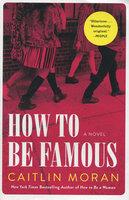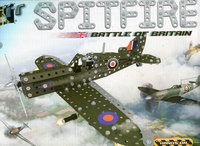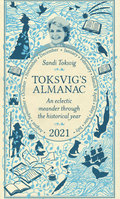New, Quality Gift Books - 50-90% off - over 2500 titles
Your basket is empty.
Categories Last Chance to buy! ROOTS, RADICALS & ROCKERS: How Skiffle Changed the World
ROOTS, RADICALS & ROCKERS: How Skiffle Changed the World
Book number: 93625
Product format: Hardback
In stock
Bibliophile price
£11.00
Published price
£20
Customers who bought this product also bought
|
HOW TO BE FAMOUS
Book number: 93572
Product format: Paperback
Bibliophile price
£2.50
Published price
£8.99
|
SPITFIRE BATTLE OF BRITAIN CONSTRUCT IT KIT
Book number: 93698
Product format: Unknown
Bibliophile price
£18.00
|
ACCUMULATOR: The Revolutionary 30 Day Fitness Plan
Book number: 94040
Product format: Paperback
Bibliophile price
£4.00
Published price
£12.99
|
|
TOKSVIG'S ALMANAC 2021
Book number: 94103
Product format: Hardback
Bibliophile price
£7.00
Published price
£14.99
|
FRIED EGGS AND RIOJA
Book number: 94238
Product format: Hardback
Bibliophile price
£3.00
Published price
£12.99
|
WILDLIFE WALKS: 500 Great Days Out
Book number: 94491
Product format: Paperback
Bibliophile price
£7.00
Published price
£14.99
|
Browse these categories as well: Last Chance to buy!, Entertainment/Showbiz, Music & Dance







